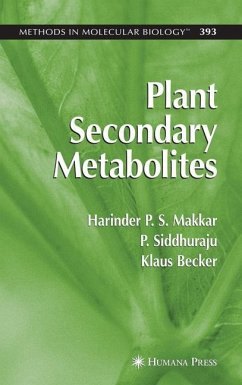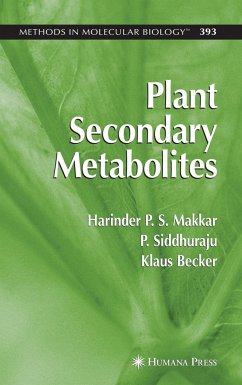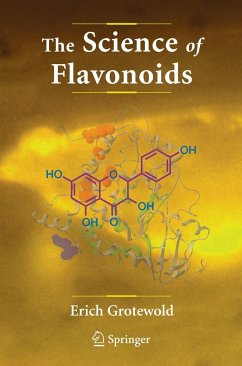
Tetrapyrroles
Birth, Life and Death
Herausgegeben: Warren, Martin; Smith, Alison

PAYBACK Punkte
76 °P sammeln!
Excluding the biological polymers proteins, lipids and nucleic acids, modified tetrapyrroles are the biological molecules that have had the greatest impact on the evolution of life over the past 4 billion years. They are involved in a wide variety of fundamental processes that underpin central primary metabolism in all kingdoms of life, from photosynthesis to methanogenesis. Moreover, they bring colour into the world and it is for this reason that these compounds have been appropriately dubbed the 'pigments of life'. To understand how and why these molecules have been so universally integrated...
Excluding the biological polymers proteins, lipids and nucleic acids, modified tetrapyrroles are the biological molecules that have had the greatest impact on the evolution of life over the past 4 billion years. They are involved in a wide variety of fundamental processes that underpin central primary metabolism in all kingdoms of life, from photosynthesis to methanogenesis. Moreover, they bring colour into the world and it is for this reason that these compounds have been appropriately dubbed the 'pigments of life'. To understand how and why these molecules have been so universally integrated into the life processes one has to appreciate the chemical properties of the tetrapyrrole scaffold and, where appropriate, the chemical characteristics of the centrally chelated metal ion. This book addresses why these molecules are employed in Nature, how they are made and what happens to them after they have finished their usefulness.













